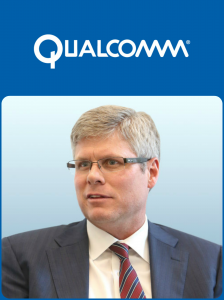It’s Not Always About You When It Comes To Success
Deborah Bial is the President and Founder of the Posse Foundation. Posse trains students from public high schools with extraordinary academic and leadership potential to help them succeed in college. In a recent interview with Adam Bryant of the New York Times, Bial spoke about what inspired her to start the Posse Foundation and what leadership means to her. Here are some of the key points from the interview:
- Success isn’t about you: “I didn’t pick Posse; it just happened. My philosophy is that leaders should always remember that it’s not because of them that things are successful.” Sometimes it comes down to the luck of the draw.
- Being in charge allows for forming a great team: “The advantage of being in charge is that you get to hire people you really like. It’s my philosophy that as president or C.E.O. of a company, you are in this privileged position where you get the accolades for the successes of the organization, and you get to make decisions and people have to listen to you.”
- You don’t have to be liked by everyone to be a great leader: “I used to care a lot that people liked me. That’s no longer as much the case. Of course, nobody wants not to be liked, but I don’t care as much. I remember feeling liberated when it no longer influenced my decision-making.”
- Questions are key when hiring students: “In terms of questions, I’ll ask sometimes: “If you get this job, what are you most excited about, in terms of your personal growth? And where will you be challenged the most?” Then I’ll want to get into a discussion about something. What’s in the newspaper that day? I want to know what they think, how they think, how they express what it is they’re thinking, how they ask questions and how they listen.”
- Students who reach out are the ones who are likely to succeed: “In a crisis, they reach out versus reach in. We look for the person who reaches out, because they will give themselves more options to succeed.”
Click here to view the full article from the New York Times.




